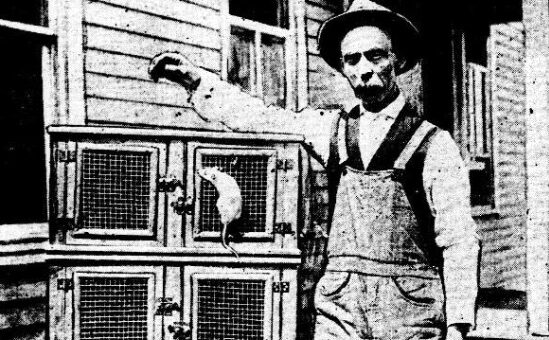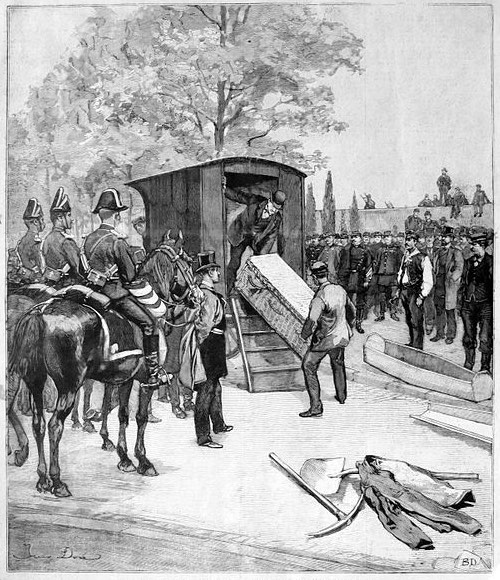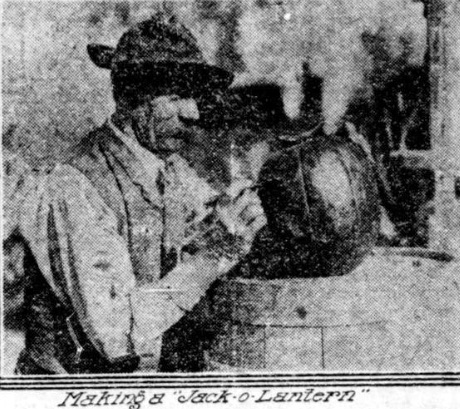
Generally, historians are a special breed of people who devote their lives to studying the past.
Some professional scholars get paid to do it, while others write books or teach history classes.
Professional historians may or may not have a degree. Still, they are all well-trained to write about their subjects and make a buck doing it—some historians even direct documentaries.

In the professional realm, historians are tasked with reading primary and secondary sources, such as letters, journals, and newspapers, to uncover new information. They cite these sources, write articles for historical journals, and sometimes even publish books.
Many historians study documents as photocopies or scan them into digital format. Digital technology has made it possible for historians to research at home.
Amateur historians are not paid to do their research, but they do engage with primary and secondary sources to write about their topics of interest.

They may or may not have a degree in history, but they can perform oral history interviews, memorize historical facts, and publish their work in academic journals or books.
The field of history has advanced considerably in the past few years. There are now more sources of information available than ever, and many museums have more documents than they can keep. As a result, some museums are now asking nonprofessionals to transcribe digitized works.
An amateur historian may be an armchair one or a bumbler who has read many history books and knows the history of a given topic well enough to write a summary about it.
However, it’s common for an amateur historian to rely too heavily on primary sources and to miss the big picture.

